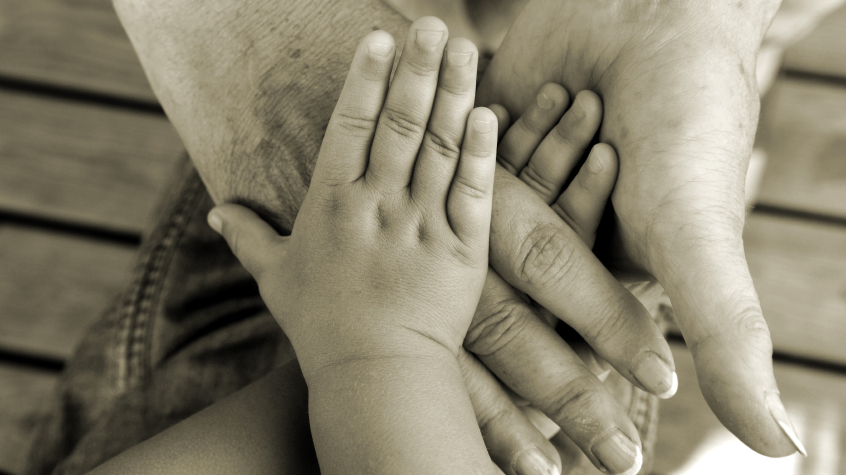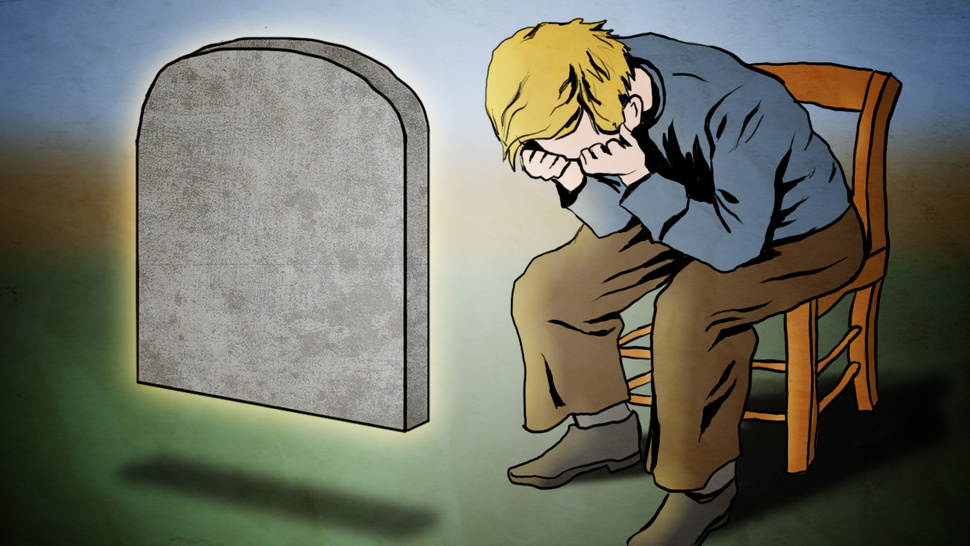Following up to the concert, some musing on a specific song. On Twitter, sfeley writes:
One concert annoyance: why do people laugh and shout out during “Shop Vac?” That song is TRAGIC. It’s a tearjerker. Does nobody else get it?
Which got me to thinking about the song, and the nature of comedy…or, more specifically in this case, satire.
“Shop Vac” is a very bouncy pop tune, with a catchy sort of Fountains of Wayne vibe to it. It tells the story of a couple who has moved into their little suburban castle, with their two kids and the yard and the basement workshop and the convenient shopping nearby. But if you listen closely, its obvious that they are utterly miserable. As Steve notes, it’s a tragedy set in a pop song.
I’ve complained in the past about songs where the emotional centre of the song and the tenor of the tune felt at odds to me. Most famously, the Beatles “Ticket to Ride“, which I’ve always thought was a terribly jaunty tune for a song about losing love. (I much prefer The Carpenters’ melancholy cover.) But sometimes, the dichotomy is part of the point — it creates a dissonance between what we’re feeling and what we’re being told.
“Shop Vac” is satire, and it’s target is the American DreamTM — or at least the ideal of it presented by our current culture. The couple in the song has everything that we’re all told we’re supposed to want, but everything we’ve been told we’re supposed to want turns out in many cases to be empty and unsatisfying. Somewhere on the way to “success”, they’ve found that along the way they’ve lost their dreams. Lois McMaster Bujold expressed it best: “The one thing you cannot trade for your heart’s desire is your heart.”
So….why is this funny? For some, it may be a measure of shadenfruede, because the person laughing may think “Ah-hah, but I didn’t fall into that trap! I reject that lifestyle and all it represents!” (This is a very geek attitude, and geeks are Coulton’s primary audience.). For others, it’s the hollow laughter of recognition. Coulton is certainly not the first to mine this notion for humour. Erma Bombeck wrote a dozen best sellers by extracting comedy from the soul-crushing ennui of suburban life. In the 1960s, The Monkees had a huge hit with Gerry Goffin and Carole King’s “Pleasant Valley Sunday“, which had a slightly more detached air, but lampooning the very same ideals.
This is why it’s one of my favourite Coulton songs, and why I requested it. Because it’s complex, and thought provoking, and more than meets the ear on first hearing. I don’t think that it’s funny because I don’t get it. It is funny (and tragic) because it is revealing a truth in a way that only the court jester can. Dry black humour, indeed, but humour none the less.





